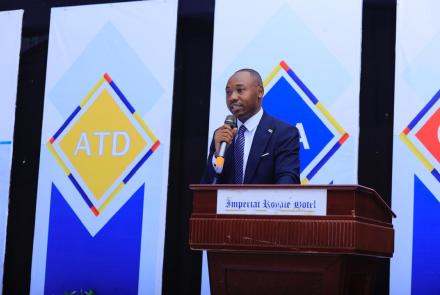By Abraham Malinga
The second quarter of the Mat Abacus CFO Leadership Academy resumed at the prestigious Mestil Hotel and Residences, drawing together finance leaders and professionals to discuss critical global economic drivers and trends. This session was headlined by CPA Selestino Babungi, Managing Director of UMEME, who led a thought-provoking discussion on the interconnectedness of national and global economies.
CPA Babungi defined the global economy as the culmination of economic activities occurring both within individual nations and across borders. “The global economy represents the collective economic activities of humanity," Babungi noted, emphasizing how production, consumption, trade, and financial exchanges shape the world economy. He highlighted the significance of bolstering national GDP through enhanced exports, increased production, and strategic investments, which in turn contribute to political stability.
He also identified key "mega trends" that are reshaping the global economy, referencing a recent PWC report. These trends include climate change, technological disruption, geopolitical tensions like the Russia-Ukraine conflict, and demographic shifts. Each of these factors, Babungi suggested, holds the potential to influence global markets, disrupt industries, and drive social instability.
The session at the Mat Abacus CFO Leadership Academy underscored the importance for business leaders to stay attuned to these global shifts, positioning their organizations to adapt and thrive in an ever-evolving economic landscape.
As the academy continues, participants will delve deeper into understanding the implications of these trends on their firms and industries, fostering strategic leadership in today’s complex business environment


